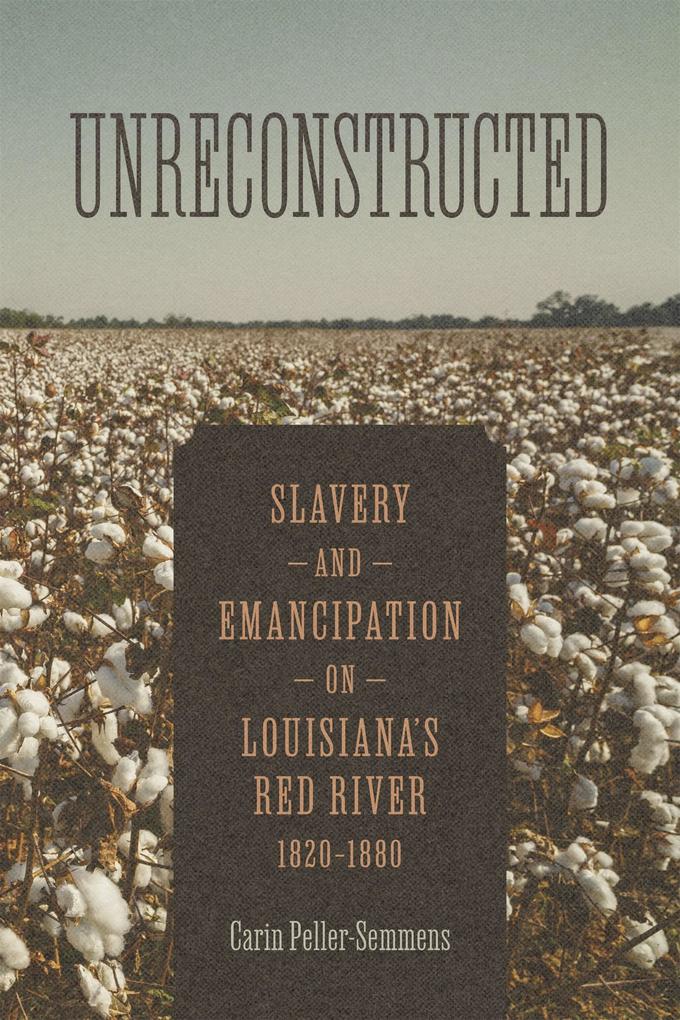
Download vorbestellbar
Carin Peller-Semmens's Unreconstructed grapples with the longstanding, systemic effects of white supremacist brutality in northwest Louisiana, highlighting the constancy of racial subjugation in one of the most violent areas of the South. Tracing the commitment of the region's white slaveholders to racial violence from antebellum enslavement through to Reconstruction, Peller-Semmens unearths the durable ideology of mastery in the Red River region. She demonstrates that white supremacy and vigilante violence were slaveholding recloaked, and became effective, calibrated tools of political, social, and economic control during Reconstruction. White supremacist violence-demonstrative, controlling, and visceral-attempted to redress mastery and subjugate and subdue newly emancipated Black individuals, imposing parameters on freedom.
Unreconstructed shows that white violence and racial control were foundational elements of the regional ideology and identity that Reconstruction galvanized. This ideology of mastery transcended class, creating a shared ethos steeped in racist behavior that remained crucial to postwar conceptions of white selfhood. Barbarity, harnessed boldly and overtly, formed the apex of a diversified campaign of persistent violence that chipped away at freedpeople's experience of freedom and resulted in several seismic incidents of racial violence, including the massacres at Shady Grove, Colfax, and Coushatta.
Peller-Semmens's arguments concerning racial power structures speak to race issues prevalent in America today, contributing significantly to a vibrant discourse on the inheritances of slavery and Reconstruction. Indeed, the implications of Reconstruction violence in this region still reverberate nationwide, making this corner of the South integral to the larger narrative of southern racism, white supremacy, and segregation.
Mehr aus dieser Reihe
Produktdetails
Erscheinungsdatum
15. September 2025
Sprache
englisch
Seitenanzahl
344
Reihe
Conflicting Worlds: New Dimensions of the American Civil War
Autor/Autorin
Carin Peller-Semmens
Verlag/Hersteller
Kopierschutz
mit Adobe-DRM-Kopierschutz
Produktart
EBOOK
Dateiformat
EPUB
ISBN
9780807185117
Entdecken Sie mehr
Bewertungen
0 Bewertungen
Es wurden noch keine Bewertungen abgegeben. Schreiben Sie die erste Bewertung zu "Unreconstructed" und helfen Sie damit anderen bei der Kaufentscheidung.

































